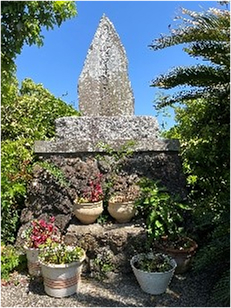Global HistoryPhilosophy and PsychologyResearch Collaborator
Maumita Banerjee

International University of Japan Visiting Lecturer
Three main achievements
- “Interweaving Influences, and Adaptions: Sartorial Endeavors of Okakura Kakuzō and M.K. Gandhi” International Journal of Asian Studies, 20, no.2 (2023), pp. 757–775. doi: 10.1017/S1479591423000013
- “Sir V.S. Naipaul (1932–2018)” in Encyclopedia of Indian Writings in English, (New York: Routledge, 2024), pp. 293–296.
- Dressing to be a Nation: Japanese and Indians Experiencing Nationalism, 1870s to 1920s, Ph.D. diss., Waseda University, 2019
Field of study
Museum Studies, Japanese History
The kind of researcher I aim to become
I want to understand how issues of historical reconciliation can be discussed and addressed collaboratively through academic scholarship and the creation of public consciousness.
Introduction of my research theme
I intend to study the role of Japanese museums in formulating Japanese citizenry opinion, and vice versa, regarding historical reconciliation in contemporary Japan. In the past few years, Europe and North America have seen an upsurge in voices from academics, global organizations, and activists questioning the role of public museums in showcasing the nation’s past; and slogans like ‘#Museumarenotneutral’ and ‘@ChangetheMuseum’ are common. Thus, there is an interplay of power between a museum and its visitors in showcasing a historical event. Traditionally museums are government-funded institutions that are set up to shape collective memory. Scholars have noted the role of museums in addressing universal values by ‘displaying facts’ about wars fought by Japan in the modern period. Drawing from previous scholarships, and museum visits, this study attempts to answer the following: Is there a difference in how war (and peace) museums function in contemporary Japan compared to Europe? If yes, what are the key factors that shape the differences? By comparing similar cases, this study will illuminate the role of Japanese museums in historical reconciliation and attempt to understand its challenges today. For this research, I will adopt a comparative and interdisciplinary method by using scholarship from intellectual history, conflict studies, gender studies, visual culture, and museum studies.
Tentative title of my working paper
Historical Reconciliation, Museums, and Civil Society in Japan
Research Image


